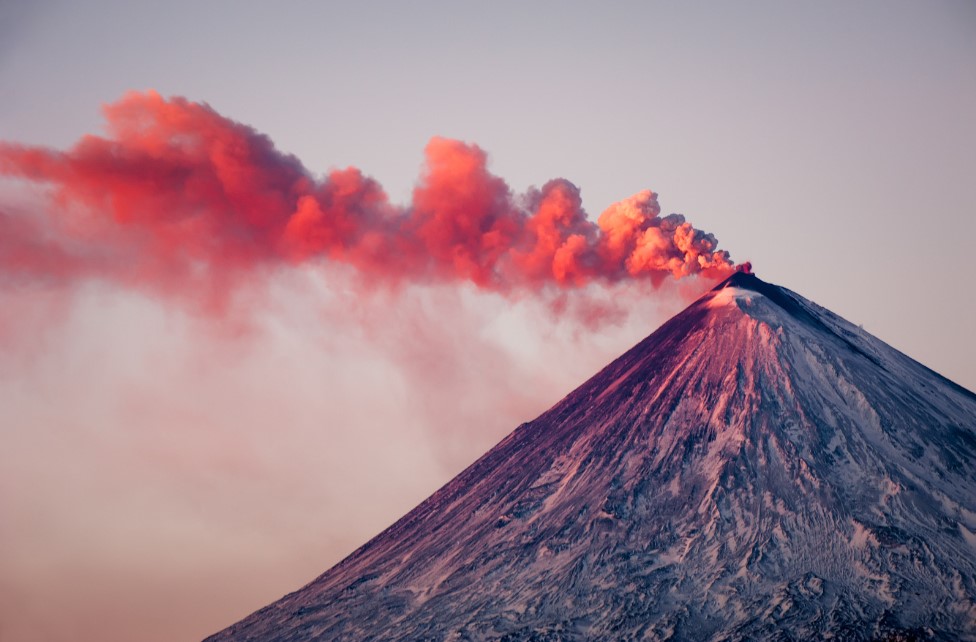In the West, they have recognized their main existential challenge of the 21st century: the formation of a quartet of the largest Eurasian countries: China, the Russian Federation, Iran, and North Korea.
What I have been calling the Global Island in my articles for the past two years.
I remember how people laughed at my concept and patted me on the back condescendingly. They said, “Come on, what kind of 'island' is that? China is trading with the USA and the EU, Iran distrusts Russia, North Korea is a proxy of China,” and so on.
But it turns out that concepts such as the Revolution of the Global South, Unequivalent Global Exchange, global fragmentation, and the era of warring clusters are not mere academic analyses but a harsh reality.
The British were the first to grasp the situation: the new Chief of the General Staff of Britain, Roland Walker, stated at a security conference at the end of July in London about the formation of a "quartet of countries" that poses a danger to the West.
He was the first at such a level to speak about an "existential threat" to the West (I had written about this much earlier in my analysis).
Now, I see that almost everyone is writing about it, referring to it as the "quartet of chaos."
The situation for the West is indeed dire. The decision-making point has been missed multiple times, and the transition has been neglected.
It’s like allowing the USSR, Japan, and Germany to merge during World War II.
The three-body problem has no solution; it simplifies to a two-body problem and is then solvable.
They needed to play the role of the third wheel.
But the West has been trapped by erroneous strategies based on catastrophically flawed analyses of the changing world.
In reality, such mistakes are truly horrifying, considering the responsibility the West has taken on in the context of world history.
It is clear that many want to blame Kissinger now: nearly all the errors of Western diplomacy over the past 50 years.
The main accusation against him is the abandonment of "value politics" and the shift to "realpolitik."
According to "value politics," China should have been suppressed in the 1970s along with the USSR, in a particularly perverse form.
Vietnam needed to be finished off, regardless of casualties.
The Arab world should have been steamrolled, and no agreements made with Egypt.
Then, in the ensuing "wonderful new world," an Era of Mercy and Prosperity in the style of Fukuyama's "end of history" would have arrived.
However, the probability that cities around the world would not be populated by people but by wild beasts under such circumstances is quite significant.
Roughly like the probability that the sun will rise tomorrow.
Thus, thanks to such "cursed politicians" like Kissinger with their realpolitik, billions of people could live a little longer, have children, and build homes.
Although undoubtedly, millions perished during this time, as a world of shared values did not materialize.
In this regard, realpolitik postulates a simple truth: the life of billions, even at the cost of recognizing the horrific fact that the imperfection of the world order will lead to the death of millions.
And "value politics," in its modern radical form: let billions die, but at least the imperfection of the world won’t be able to kill millions in the future.
Although it should be noted that the official doctrine of "value politics" is not yet that radical. It is based on the evolutionary overcoming of the tragic imperfection of the world.
But this policy is slowly moving towards a more radical format as it becomes dependent not on national, but on transnational centers of influence, which have the illusion that they can "model" and "moderate" the trajectory of world history in a certain direction.
Any politician should be responsible for the people who elected him. A hypothetical billionaire-misanthrope may not have such responsibility.
Instead, we are likely to see the emergence of a "Demiurge complex," a "creator and destroyer of worlds."
In this regard, Kissinger's death has become a symbol of the end of an entire era of balance and counterbalance politics that allowed an antagonistic world to develop.
Radical proponents of "value politics" in dozens of countries are ready to sacrifice the entire world if it is imperfect or contradicts their value system.
In this, they are surprisingly similar to the leaders of the totalitarian world they claim to oppose.
In this sense, the world truly stands on the brink.





















